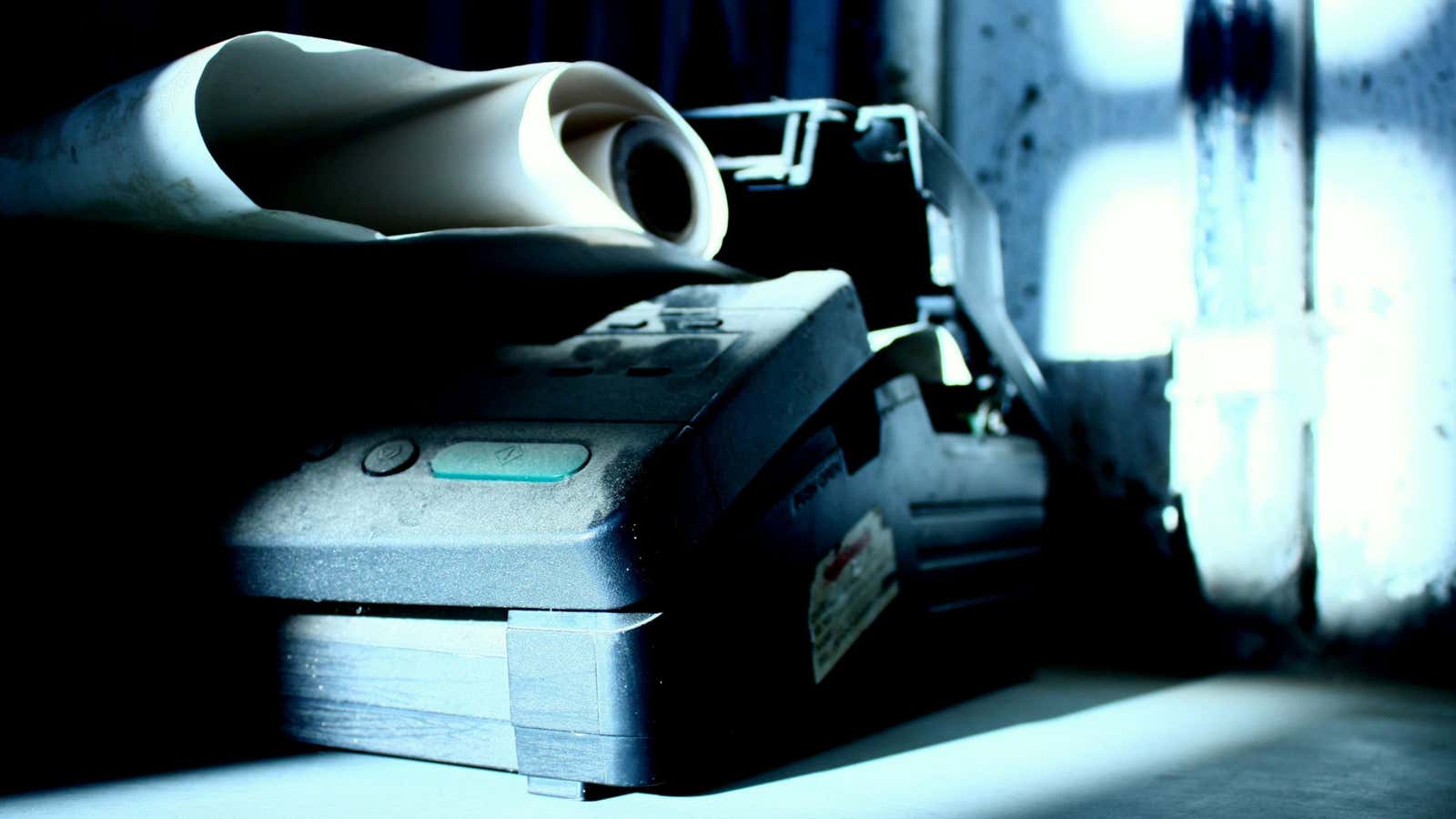The European Commission broke its previous record for a penalty against a cartel by fining a group of eight banks and brokers €1.7 billion ($2.3 billion) today. It is the latest in a series of settlements over the rigging of various benchmark interest rates—in this case, euro- and yen-denominated interbank rates.
Deutsche Bank, which was involved in both euro and yen rate manipulation, was hit with the largest fine: €725 million. It was joined in rigging rates by Barclays, Citigroup, JP Morgan, Société Générale, RBS, RP Martin and UBS. The commission also noted that it is pursuing separate cases against holdouts to today’s settlement, which include Crédit Agricole, HSBC and ICAP. JP Morgan is also facing a potential sanction for rigging euro rates; its fine only covers its role in the yen cartel.
Joaquín Almunia, the commissioner in charge of competition policy, sounding a bit like Captain Renault in Casablanca, said the misdeeds are “shocking,” as is the “collusion between banks who are supposed to be competing with each other.” Deutsche Bank today joined UBS last week in banning the use of multi-bank chat rooms by certain staff, closing the venues where much of the alleged collusion between purportedly rival bankers and brokers took place.
But today’s settlement also highlights how strategically breaking ranks with co-conspirators can gain a company leniency when it comes time to pay a fine. Nearly all of the cartel members were granted some relief for varying degrees of cooperation, but the first banks to alert the commission avoided fines altogether. For euro rates, Barclays avoided a fine of €690 million. UBS, meanwhile, dodged a €2.5 billion penalty for its role in the yen cartel; this is roughly equivalent to the bank’s net profit so far this year.
Timing is everything
The process for alerting the commission of cartel activity may surprise you: Companies send a fax to Brussels. A dedicated “leniency fax”—the number is +32 2 299 4585, should you be needing it—is the only way, apparently, for the commission to record the official time and date of first contact with whistleblowers in cartel cases. Thus, UBS’s well-timed fax saved it the equivalent of $3.4 billion in fines.
Using such a balky, error-prone technology as a piece of evidence for a multi-billion-dollar judgment may seem crazy, but a commission spokesperson suspects that the number simply converts documents into emails. Official confirmation on the commission’s preferred fax-to-email software—or the make, model and toner level of the machine, if there is one—was not forthcoming before publication.
With investigations ongoing into the potential manipulation of a wide range of interest rates and prices, today’s settlement in Brussels will teach banks two things. First, that their legal and compliance staff should brush up on game theory, weighing the benefits of collusion with the cost of confession. And second, to make sure that there is a working fax machine handy, in case they ever decide to snitch on themselves.
